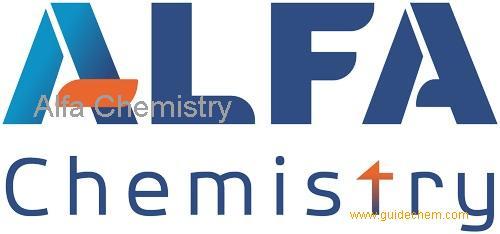
The Karl Fischer method is an analytical method for the determination of moisture proposed by Karl Fischer in 1935. It is suitable for the determination of all kinds of substances: chemicals, oils, pharmaceuticals and food, etc. At present, Karl Fischer titration has developed into a moisture analysis method widely used in the world.
In this article, we will discuss how theKarl Fischer moisture detection test can be applied to complex samples.
Insoluble samples
In the moisture detection of some samples, laboratory personnel may often encounter that some samples are difficult to dissolve or have poor solubility, resulting in the inability to accurately measure the moisture content of the sample. Usually when encountering insoluble samples, researchers can increase the solubility of the sample by adding a co-solvent, and further measure the water content in the sample.
How to select a suitable co-solvent?
l No side reaction with KF reagent;
l It will not inhibit the KF reaction speed;
l The water content of the co-solvent is low;
l Greatly increase the solubility of the sample, so that the sample can be fully dissolved.
Below are some choices:
Chloroform: It can improve the solubility of long-chain carboxylic acids, ethers, and hydrocarbons, and is suitable for samples with poor solubility in methanol solvents such as fats, oils, and long-chain hydrocarbons.
1-hexanol (long-chain alcohols such as 1-pentanol): It can increase the solubility of long-chain carboxylic acids, ethers, and hydrocarbons.
Formamide: It can help improve the solubility of polar substances in methanol, and also help improve the solubility of carbohydrates, proteins and inorganic salts. In short, it can help improve the KF reaction speed, but is not suitable for coulometric diaphragm systems.
Samples with side effects
When testing samples such as aldehydes, ketones, anilines, silanols, peroxides, phenols, and penicillins, the moisture content cannot be measured, and problems such as titration failure to reach the end point, long titration time, and over-titration often occur. The reason for this is that these samples are prone to side reactions with the components in the KF reagent (methanol, sulfur dioxide, iodine).
Below are some solutions to tackle such problems:
1. For aldehyde and ketone samples, the formaldehyde-free KF reagent for aldehydes and ketones can be used, which is suitable for samples that may have side reactions with methanol.
2. Adjust the pH of the KF reaction system
The optimal pH of the KF reaction is 5-7, and the side reaction can be suppressed by adjusting the pH. The lower the pH, the lower the KF reaction speed, and at the same time suppress the side reaction, which can be achieved by adding benzoic acid or salicylic acid to the KF reaction pool.
3. Lower the temperature of the KF reaction system.
Lowering the temperature can effectively suppress the generation of side reactions while allowing the KF reaction to proceed smoothly and slowly.
4. Use cassette furnace
The cassette furnace can avoid direct contact between the sample and the KF reagent, thereby avoiding side reactions.
Peracid and overbase samples
The optimum pH for the KF reaction is 5-7. If the pH is too high, side reactions will occur that consume a certain amount of iodine, so iodine and water will not react in a 1:1 ratio; if the pH is too low, the KF reaction constant will decrease, resulting in a slower reaction rate.
Therefore, when a strongly acidic or strongly alkaline sample is encountered, the pH of the KF reaction system will be too low or too high. At this point, it is necessary to add a weak base (imidazole) or weak acid (salicylic acid, benzoic acid, etc.) to the system to keep the pH of the reaction system between 5-7 to obtain the best KF reaction rate.
Advantages of Alfa Chemistry’s Karl Fisher Moisture Testing Services
High Accuracy.
This is because the reaction between the water and the iodine is very specific, and does not interfere with other components in the sample.
High Sensitive.
KF Moisture Testing is very sensitive, and can detect very small amounts of water, down to parts per million (ppm).
High Speed.
The reaction can be completed in just a few minutes, making it a very efficient way to test for moisture content. This is important in industries where time is of the essence, such as in the pharmaceutical industry where quick results can be critical for quality control
Versatility.
KF Moisture Testing is a very versatile technique, which can be used to measure the moisture content in a wide range of materials, such as solids, liquids, and gases. This makes it a very useful tool for many different industries.